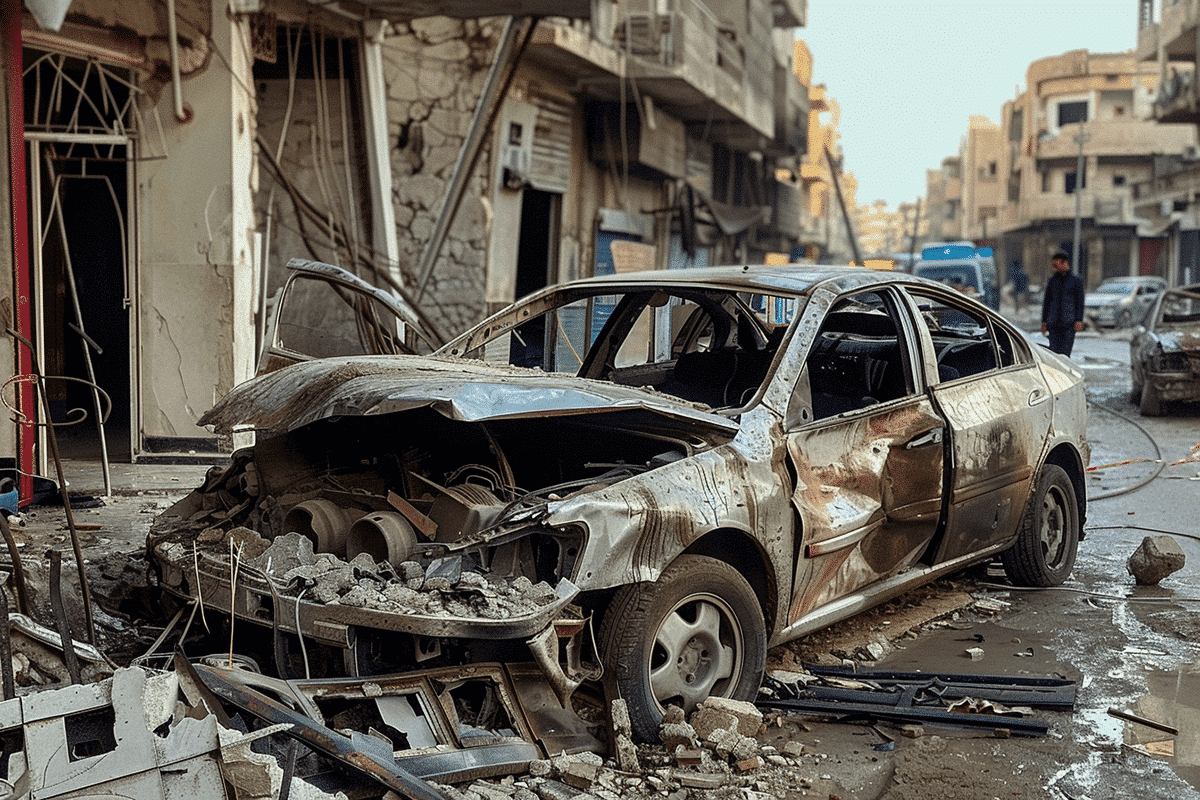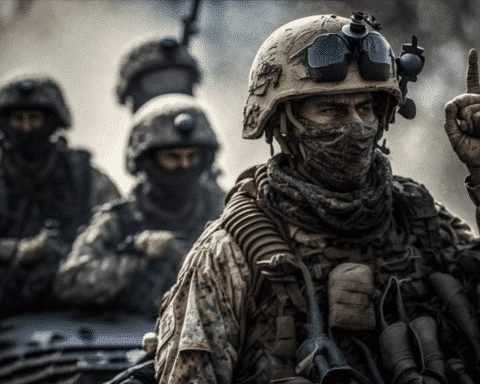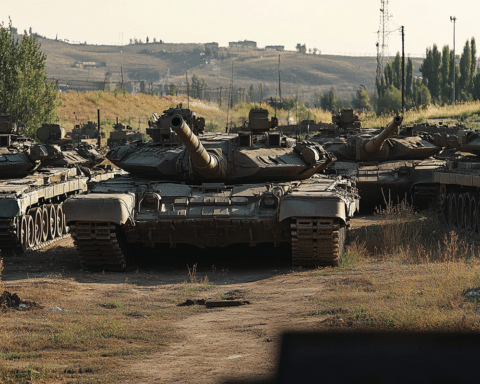An Israeli airstrike in Gaza has resulted in the deaths of three sons and four grandchildren of Ismail Haniyeh, a prominent Hamas political leader. The strike, which occurred on Wednesday, targeted high-profile figures within Hamas, further escalating tensions during delicate cease-fire negotiations between Israel and the militant group.
Israeli officials have labeled the deceased individuals as Hamas operatives, alleging their involvement in militant activities. In response, Haniyeh accused Israel of seeking revenge and perpetrating acts of murder against his family.
The tragic incident threatens to strain ongoing cease-fire talks, which have shown signs of progress despite significant disagreements between the two sides on key issues. Amidst mounting international pressure, particularly from the United States, Israel faces renewed scrutiny over its military actions and humanitarian efforts in Gaza.
Haniyeh has declared that Hamas will not yield to pressure from Israel, reaffirming the group’s commitment to its stated objectives. The strike on his family underscores the deep-rooted animosity and the high stakes involved in the long-standing conflict between Israel and Hamas.
For Palestinians, the airstrike casts a shadow over the Eid al-Fitr holiday, marking the end of Ramadan, as families mourn the loss of loved ones amidst the ongoing violence. The strike also highlights the grim humanitarian situation in Gaza, where widespread displacement and destruction have left many areas uninhabitable.
The international community, including the United States, has called for increased humanitarian aid to Gaza, urging Israel to facilitate the delivery of essential supplies to alleviate the suffering of civilians caught in the crossfire. President Joe Biden has criticized Israeli Prime Minister Benjamin Netanyahu’s handling of the conflict and emphasized the need for immediate action to address the humanitarian crisis.
Despite claims of military success by Israeli officials, the conflict shows no signs of abating, with both sides entrenched in their positions and the prospect of a lasting peace remaining elusive. The continued violence has exacted a heavy toll on civilians, with thousands killed and widespread displacement exacerbating an already dire humanitarian situation.
Israel’s insistence on an offensive in Rafah, coupled with Hamas’ refusal to capitulate, further complicates efforts to reach a lasting cease-fire agreement. The recent airstrike on an aid convoy, resulting in the deaths of seven humanitarian workers, has only heightened tensions and underscored the urgent need for a resolution to the conflict.
As the international community calls for restraint and renewed efforts to achieve a peaceful resolution, the plight of civilians in Gaza remains a pressing concern. The loss of innocent lives, including those of Haniyeh’s family members, serves as a grim reminder of the human cost of the ongoing conflict and the urgent need for a diplomatic solution.
With both sides digging in their heels and no end to the violence in sight, the road to peace in the region remains fraught with challenges and uncertainties. As diplomatic efforts continue, the fate of millions of civilians trapped in the crossfire hangs in the balance, underscoring the urgent need for a concerted international response to end the cycle of violence and pave the way for a brighter future for all.




